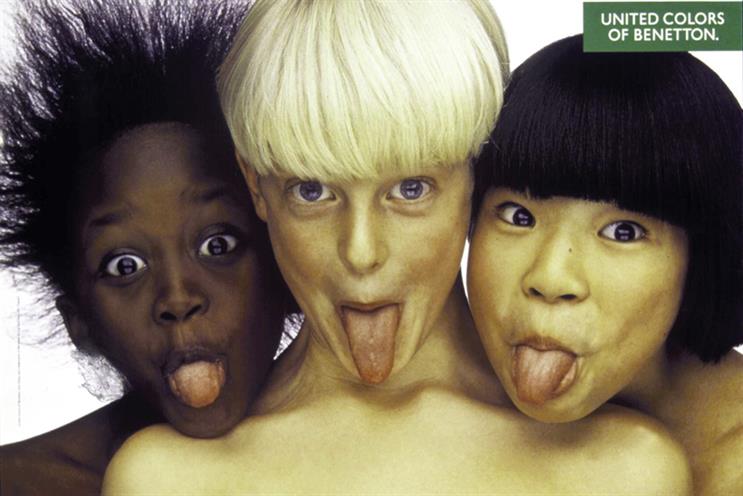
I like talking about things that are taboo because it makes them not taboo any more." So said Sarah
Silverman, expressing a sentiment at the heart of much advertising that challenges difficult or sensitive subjects. It is arguably one of the strongest manifestations of advertising for social good, reflecting our
industry’s power to catalyse debate, challenge prejudice and confront uncomfortable issues.
However, dealing with sensitive topics isn’t easy, particularly when a brand has to do it out of necessity rather than choice because it operates in a "sensitive" category.
A good example is Betty, a new feminine-care brand targeting girls aged 11-14. Betty’s mission is to tackle the taboos that still surround puberty and menstruation so girls grow up feeling more comfortable talking about the issues that worry them. Now’s campaign for the brand does this by confronting common experiences of puberty in a refreshingly direct way. "Sore boobs? That’s just your period saying hello." "Hair? Hair there? You’ve got to be joking."

To our surprise, several media owners refused to carry some of the executions or, in one case, the whole campaign. And these weren’t just any media owners but fashion brands whose target audiences are overwhelmingly young and female. Apparently, they found the ads "offensive" or claimed the campaign was "not relevant" to their audience. For an issue that directly affects 50% of the population, and in an age when misogynistic or sexually suggestive imagery is all too commonplace (not least in fashion), it’s hard to take these reasons at face value. Perhaps these media owners feel uncomfortable associating their brand with one aiming to normalise discussion of a sensitive issue. Or maybe they think their brand will somehow be damaged by association. Whatever the real reasons behind the responses, this experience highlights the difficulties that brands face when they take on tricky subject matters. Which, of course, begs the question: how do you do it successfully?
Six tips for advertisers tackling taboos
Commit to the cause
For a commercial brand, a real, deep and lasting commitment to support the issue you’re highlighting is a must if you are to avoid charges of tokenism. Dove’s long-standing commitment to championing self-esteem through its charitable foundation is a great example. Betty does not just manufacture tampons and pads, it is also creating betty.me – a lifestyle portal for teens full of stories and advice relating to the ups and downs of puberty – and funding an education programme in schools.
Be authentic
Being "authentic" is standard advice for any brand these days, but even more important for brands portraying sensitive issues. Enabling people to tell their stories in their own words and working closely with expert partners are both successful strategies to build authenticity. Nike’s recent ad starred transgender athlete Chris Mosier, while Mars and Abbott Mead Vickers BBDO worked with Scope for the Maltesers campaign featuring people with disabilities.
Make us laugh
Humour is a great ice-breaker. Neuroscientist Sophie Scott, who researches the social role of humour, explains that, as well as being an involuntary response to something funny, laughter also plays an important role in breaking tension, showing people that you agree with them and that you’re part of the same social group. From the Bob Monkhouse campaign for Prostate Research to Tena Men, it’s a proven strategy for engaging people on sensitive issues.
Create cognitive dissonance
Refuge’s campaign highlighting domestic violence features beauty blogger Lauren Luke teaching viewers how to cover up bruising in a spoof video. By contrasting the shocking nature of the subject matter with the more frivolous appeal of beauty blogs, it forces us to engage with the issue by subverting a familiar genre.
Confront the issue head-on
Simply by putting an issue into the public domain stimulates debate and challenges attitudes. Trailblazers such as Benetton, which tackled subjects from Aids to racism in its work, and Queercompany’s pioneering campaign, which portrayed lesbian and gay couples, did this to great effect.
Find partners that share your vision
One lesson from our experience with Betty is to find partners that share your vision. The subject matter, however important and relevant, will not be to every brand’s taste. You need to find people who see the world as you do, with a shared passion for the issue.
Tackling taboos through advertising remains, somewhat ironically, a taboo subject. But, done well, it can un-doubtedly be a force for good: shaping opinion, changing behaviour and helping us confront important but uncomfortable truths.
Kate Waters is the co-founder and chief strategy officer at Now

